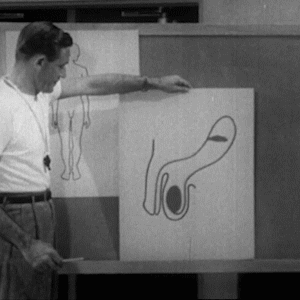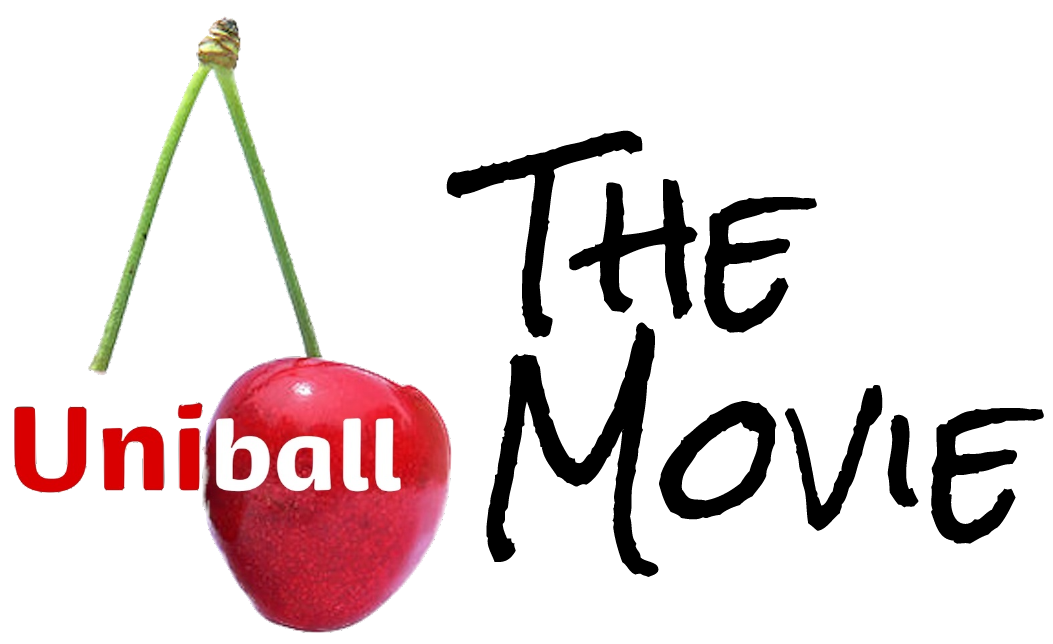Uniball Movie
About the Film
Ben and Molly are a young couple living together in their 20s, thrown suddenly into disarray when Ben is diagnosed with testicular cancer. As a form of coping, Molly, an amateur documentarian, decides to make a documentary chronicling the experience, specifically the three days leading up to Ben’s left testicle removal, and the surgery day itself.
The young couple makes the most out of their circumstances by trying to highlight the more funny and ridiculous aspects of the diagnosis, by showcasing necessary and strange medical procedures, breaking the news to their eccentric friends, and making lighthearted jokes with one another all along the way. But as the stressful reality of cancer starts to weigh on them, their true emotions inadvertently leak through the seams of their entertaining facade. Uniball commentates on topics like the public perception of cancer, familial pressures, and the American healthcare system, while exploring themes pertaining to vulnerability, perceived masculinity, relational tension, coping mechanisms, and artistic catharsis. The film is based entirely on real events and stars the real people who experienced them. This film is a mockumentary, but it’s no Spinal Tap. It’s just a more stylized version of what really happened.
Uniball offers a contemporary depiction of a relevant health issue that faces so many people today, written and portrayed by the same people who lived through it. Based on data from the National Cancer Institute, ~38.4% of people in the US will be diagnosed with cancer in their lifetime, but other studies suggest that the percentage could increase to 50% in the next 30 years. These numbers can be troubling, and a little hard to swallow, and you might be wondering, what exactly can a film do about this?
Now more than ever, I believe it’s important to tell stories that freshly represent the realities that they choose to explore. All too often, cancer in films focuses primarily on the inevitability and struggle with death, usually manifesting itself as the main emotional arc for its unfortunate characters. While this is valid, cancer is much more than just a death sentence, and as it gradually becoming more prevalent in the fabric of our culture, I believe it’s important that we don’t make it a habit to only reflect it this way. Cancer is not just a storytelling tool for death, it’s a personal and subjective experience for every person who goes through it. Uniball delves into many refreshing and original themes revolving around what it means to be diagnosed with cancer as a young person and utilizes the power of humor to express itself authentically. The idea is to establish the kind of tone that effectively challenges, amuses, and legitimately enlightens on what a cancer experience looks like firsthand, and just the kind of attitude it takes to really combat it.



